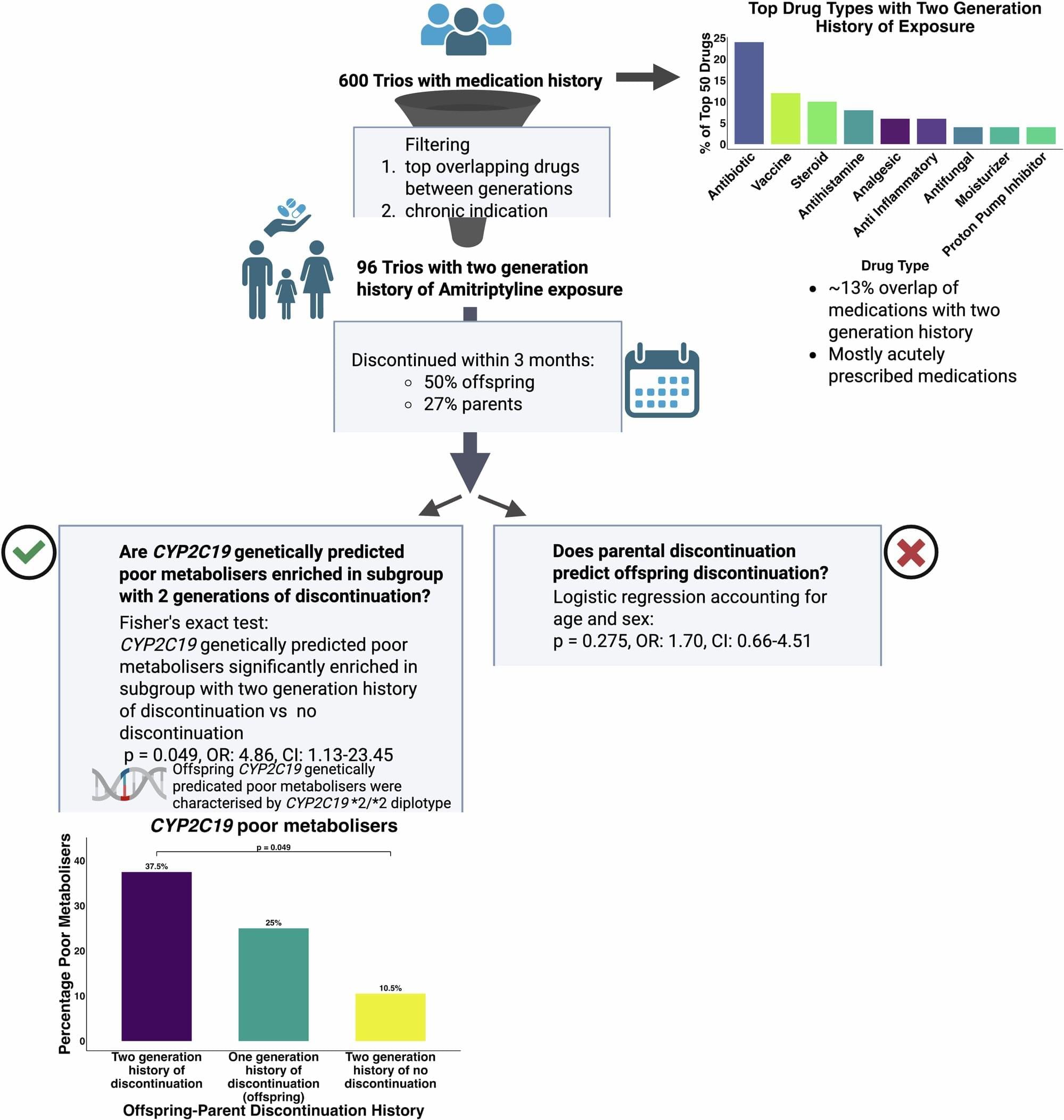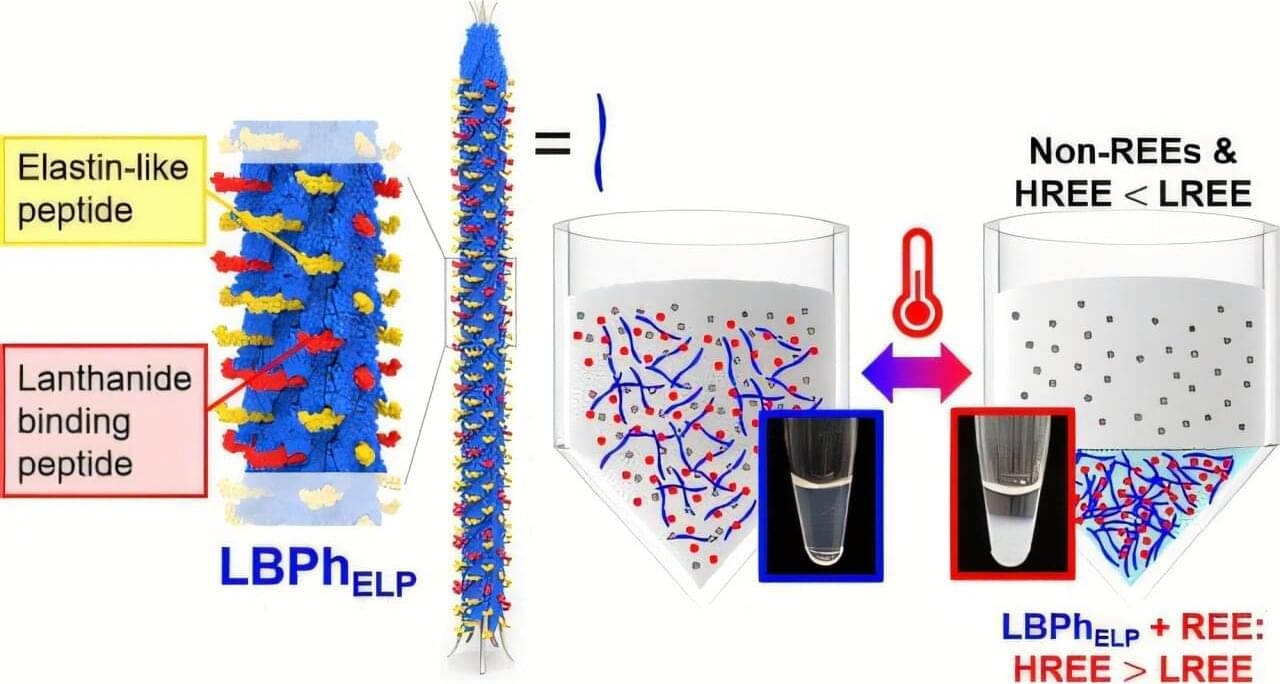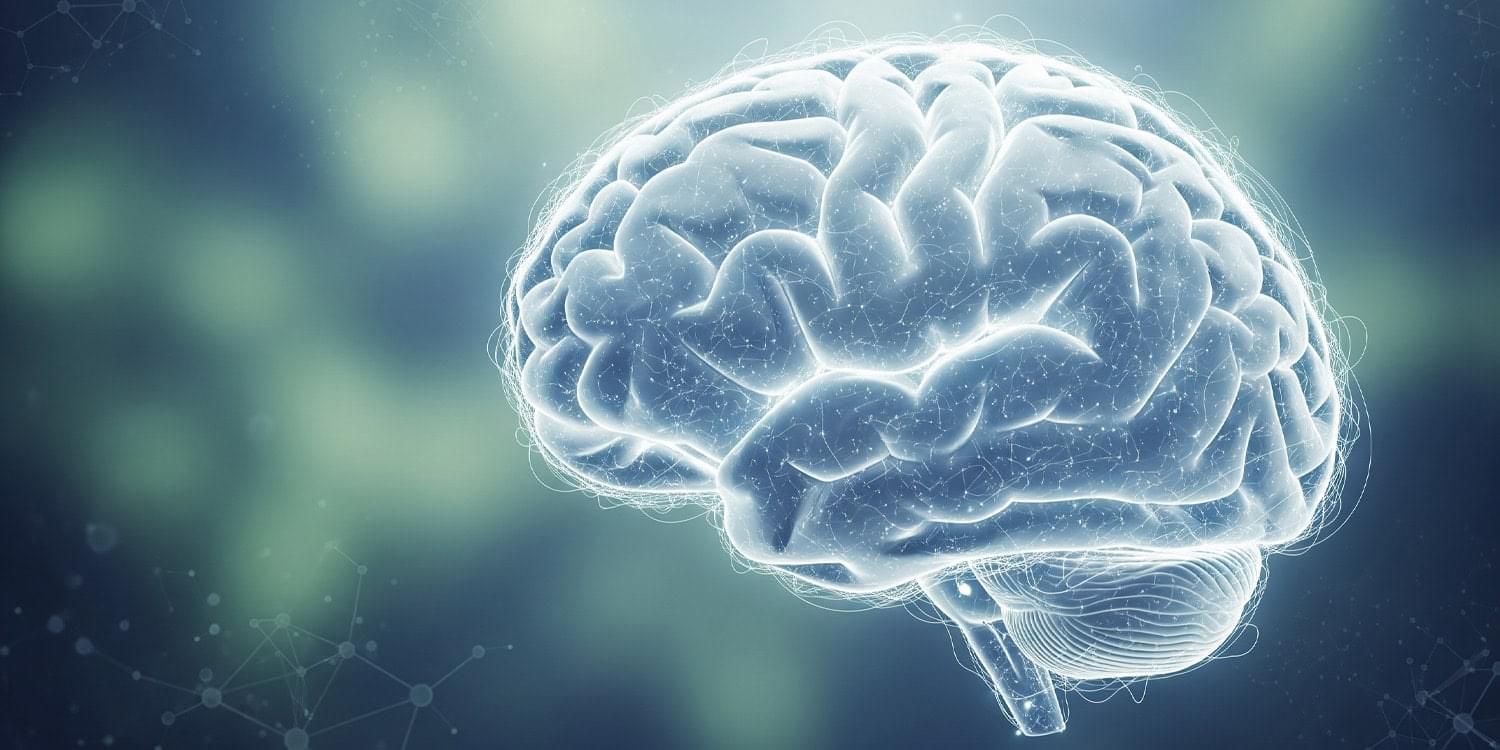A new study from Queen Mary University of London shows that a family’s experience with certain medicines could help doctors predict how future generations will respond to the same drugs.
The researchers found that people were almost five times more likely to have a genetic difference affecting how they process antidepressants if both they and a parent had stopped taking the same medication early.
Published in Communications Medicine, the study looked at 600 British, Bangladeshi and Pakistani families from the Genes and Health Project—one of the world’s largest community genetics studies.








